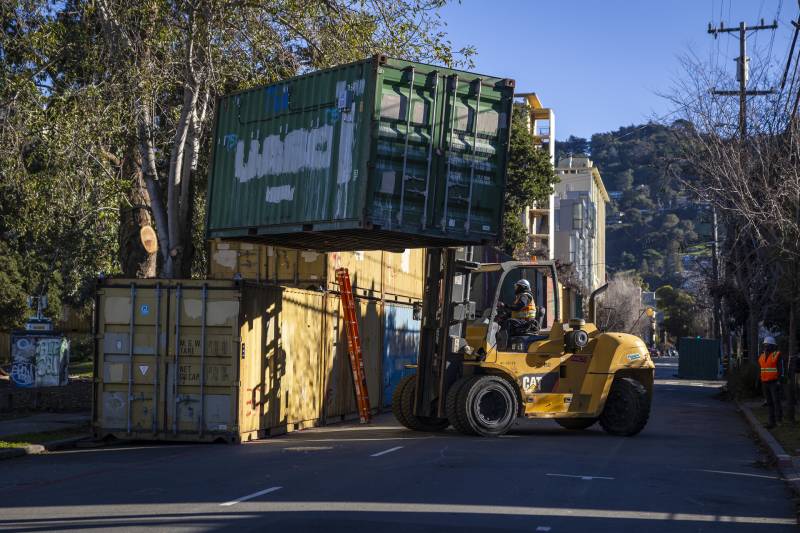In the face of the state’s and UC Berkeley’s student housing crisis, many California legislators had sought alternative ways to protect the university’s campus expansion plan. Assemblymember Buffy Wicks (D-Berkeley) penned AB 1307, a bill specifically tailored to this project. It amended CEQA so developers don’t have to consider noise generated by future residents as having a “significant effect on the environment” and allowed public universities not to have to consider alternative locations for projects.
That bill was quickly signed into law and effectively cleared the way for the People’s Park development, but it left the door open on whether UC Berkeley would have to study noise impacts and consider alternative sites for other housing projects in its Long Range Development Plan.
Thursday’s Supreme Court ruling closed that door, stating that “the new law applies to both the People’s Park housing project and the development plan.”
Arreguín, who is running for a state Senate seat, lauded the ruling, calling the lower court’s decision “misguided” and “not based in fact or law.”
“Imagine how that could be weaponized by NIMBYs throughout California to stop affordable housing, to stop permanent supportive housing and stop student housing?” he said. “Thankfully, that will no longer be a barrier for this project or any project in California.”
Historically, courts have taken a more expansive view of CEQA seeking to protect the environment, according to UC Davis land-use law professor Chris Elmendorf. This ruling suggests a shift in perspective.
“The California Supreme Court is interpreting CEQA in light of current legislative sentiments rather than in light of judicial sentiments from the 1970s,” Elmendorf said. “The court is sort of trying to make CEQA responsive to present-day needs, as expressed by the political branches of government, rather than carrying forward a vision of CEQA that was first advanced in the courts in the 1970s.”
The university currently provides the lowest amount of student housing within the UC system: about 22% of its more than 45,000 undergraduate and graduate students have access to university-provided housing. The People’s Park project and other housing included in the long-range plan would effectively double the number of beds the university provides.
“The campus is turning its attention to the timeline for resuming construction now that all legal challenges have been resolved by the California Supreme Court,” Gibson said.
KQED’s Erin Baldassari contributed to this story.

